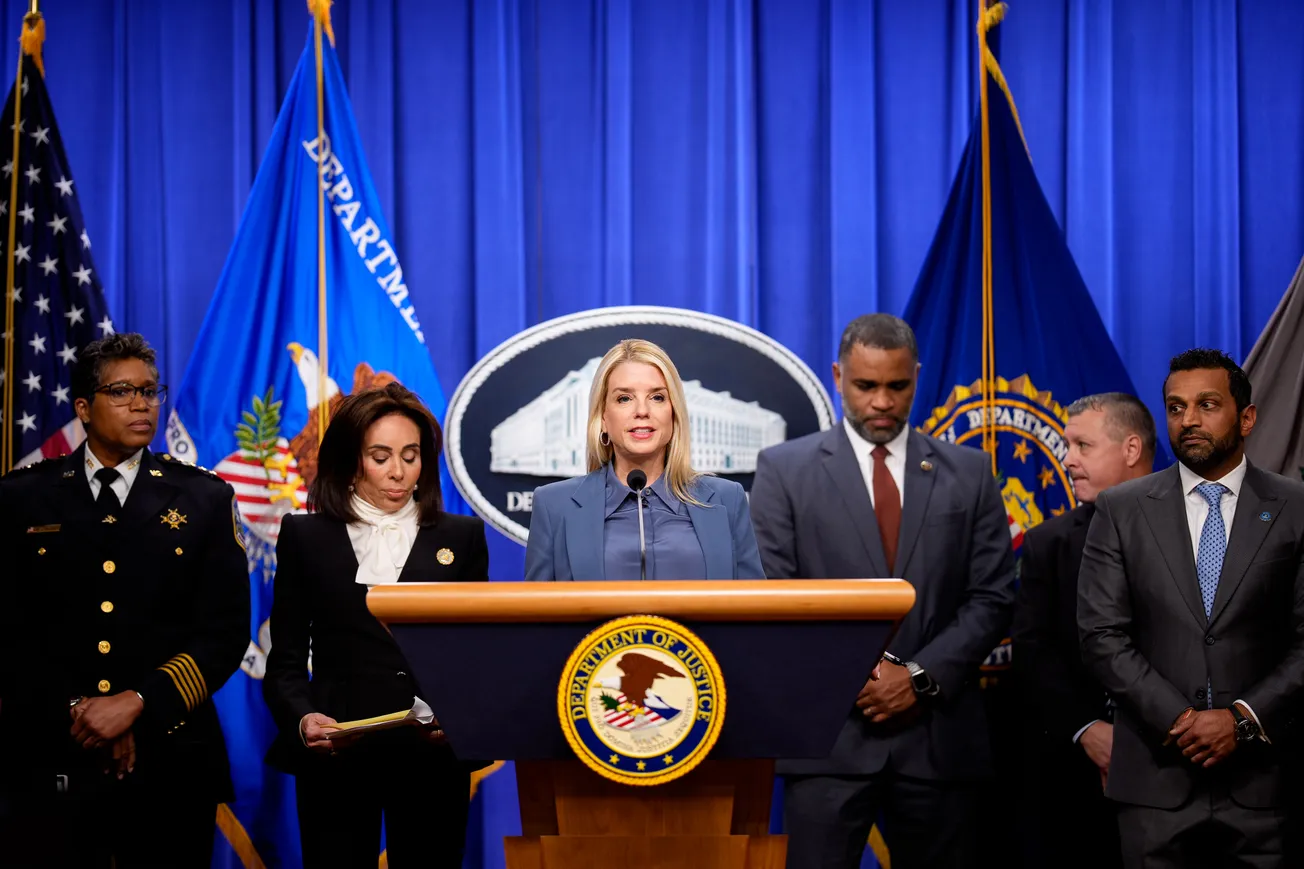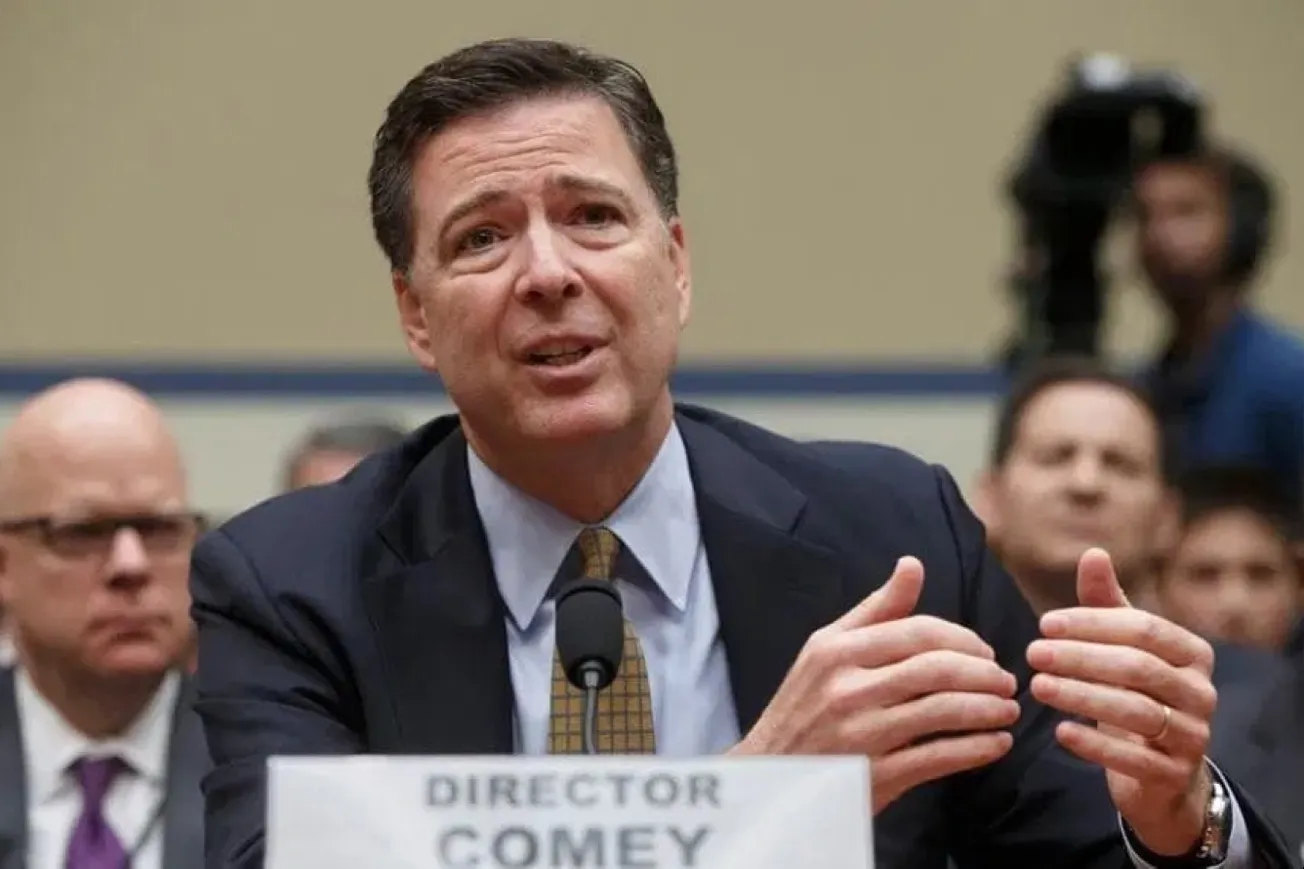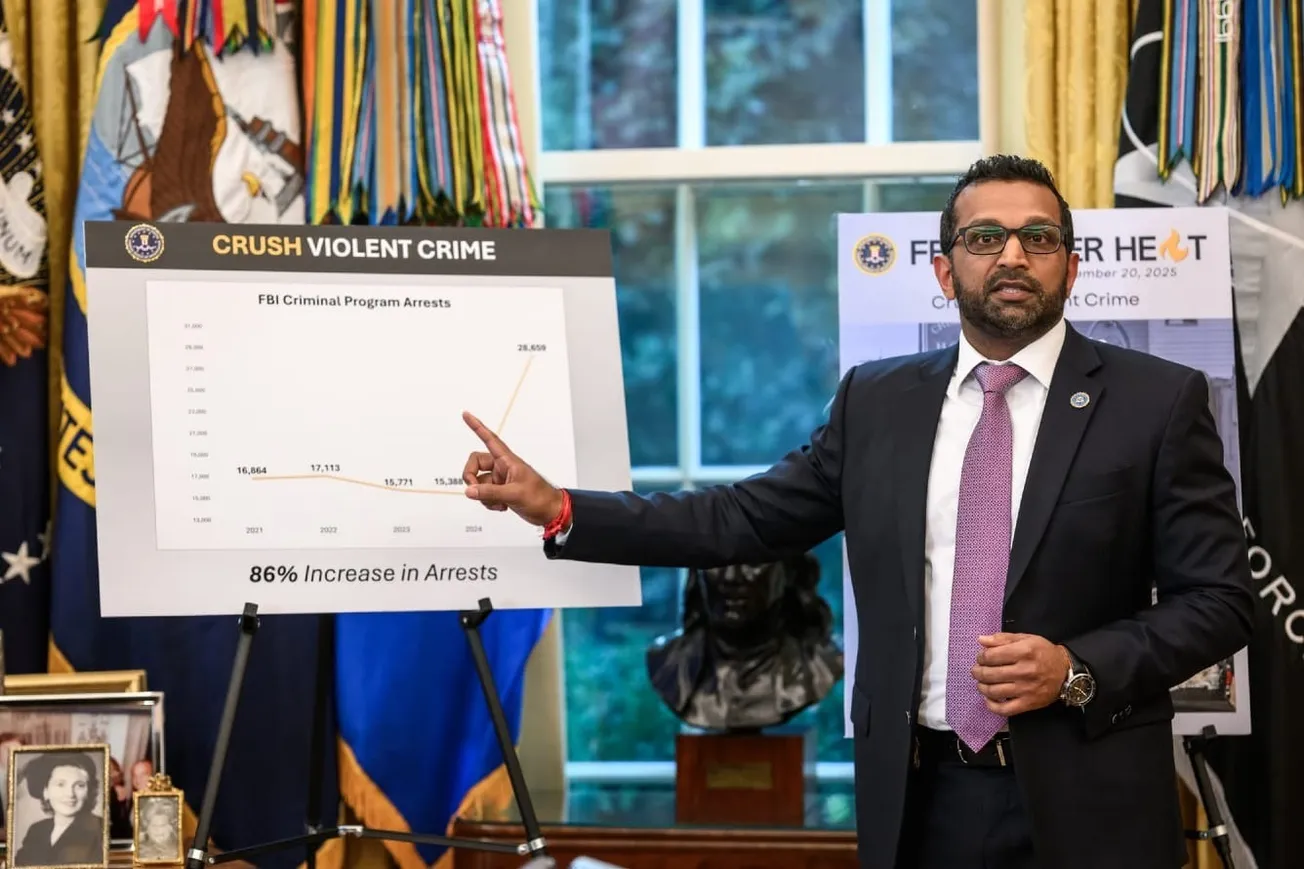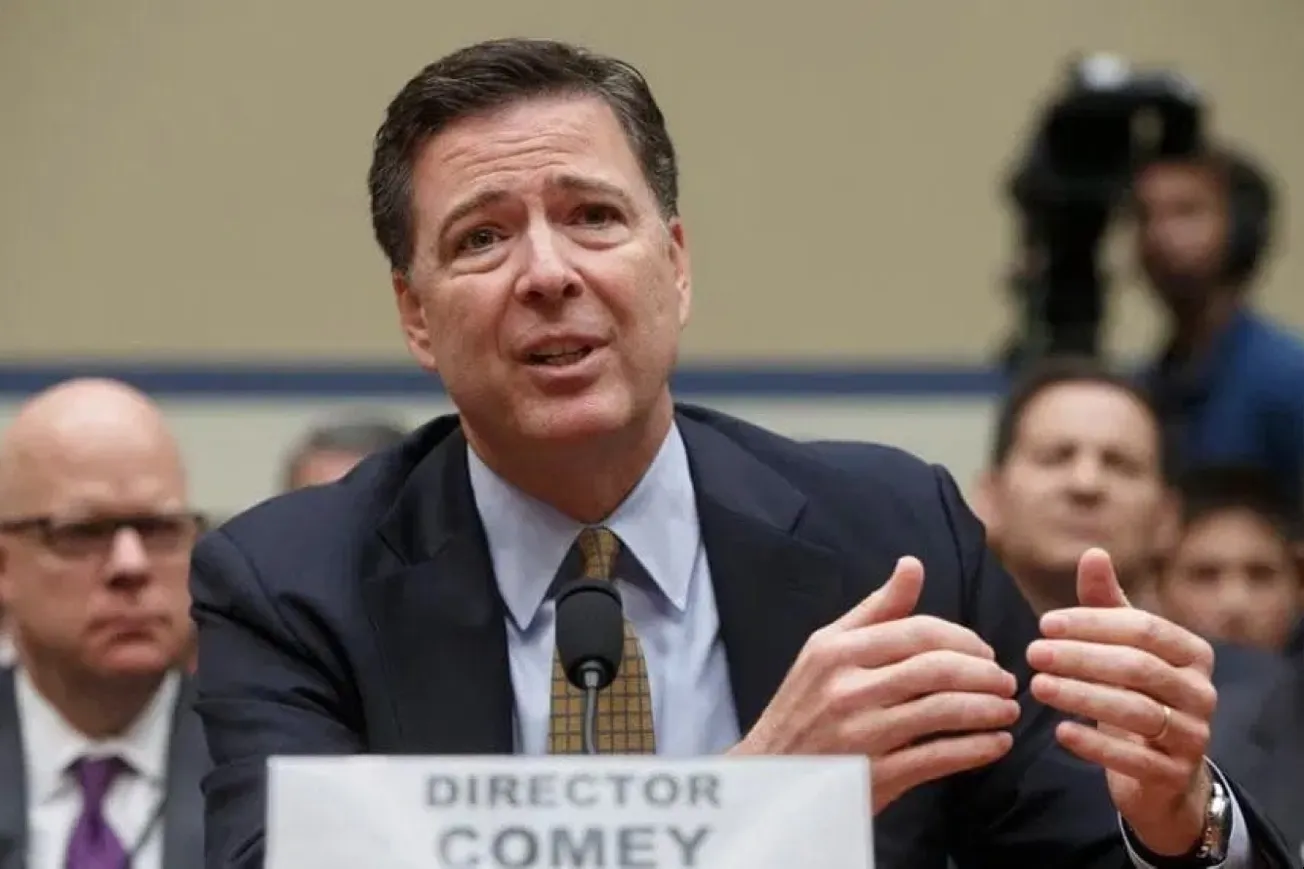The Durham Report, which faulted the FBI for meddling in the 2016 and 2020 presidential elections by conducting a seriously flawed investigation of alleged “collusion” between the Donald Trump campaign and Russia, shocked many Americans. Now, disappointed and angry with apparent politicization of the FBI, Americans strongly support sweeping changes at the nation’s top law enforcement agency, the latest I&I/TIPP Poll shows.
“As the more complete record now shows, there are specific areas of Crossfire Hurricane (the FBI’s covert investigation of the Trump campaign) activity in which the FBI badly underperformed and failed, not only in its duties to the public, but also in preventing the severe reputational harm that has befallen the FBI as a consequence of Crossfire Hurricane,” Special Counsel John Durham wrote in his report, closing a four-year investigation.
In particular, the 306-page report was scathing in its condemnation of the FBI’s use of “raw, unanalyzed, and uncorroborated intelligence” in investigating allegations of Trump’s “collusion” with Russia in the 2016 presidential election.
Did Durham’s powerful message of FBI misconduct get through to the American people?
In this month’s online I&I/TIPP Poll, taken from May 31 to June 2, we asked 1,358 respondents which of four possible actions to fix the FBI’s problems or reform the agency they would support.
The first choice offered was the mildest possible response — “The FBI should be left alone, it’s learned its lesson.” Overall, just 15% of Americans selected this “do nothing” response.
The second possible answer we provided, that the FBI should be “reformed by Congress to keep it from meddling in future elections,” received the highest total, at 39% overall.
The third and most draconian of all the possible actions was that the FBI should be “shut down and rebuilt from scratch, it can’t be trusted to do its job,” which got 24% of the overall tally.
“Not sure” won 22% support.
Looking at the numbers, it’s not hard to see that the FBI has a serious problem, with 63% of all Americans either wanting serious congressional reform of the agency or closing it down and rebuilding from the ground up.

It’s a serious indictment of the agency, even though the Durham report came up short in recommending any actual indictments of those responsible.
Moreover, the agreement that the FBI needs serious reform was strongly bipartisan. Among those seeking congressional reform of the FBI, Democrats gave 45% support, compared to Republicans’ 39% support and independents’ 32% support.
For the far tougher sanction of closing the FBI down and rebuilding from scratch, support among Democrats fell to 14%, compared to 37% for Republicans and 25% for independents.
The “do-nothing” option didn’t receive even 20% from any party or affiliation, though more Democrats (19%) would have done nothing to the FBI rather than shut them down entirely for a rebuild (14%).

Still, Americans overwhelmingly want changes made at the FBI, which clearly overstepped its bounds by dangerously meddling in the 2016 presidential election and, by extension, the 2020 one as well.
But what, if anything, will Congress do? After all, with no indictments emerging, any action is left to the House and Senate to take.
Right now, Congress is beginning its own investigation of sorts, with the House Judiciary Committee pressing the FBI on recent investigations, while also looking into a separate Justice Department investigation into Trump’s possession of classified material after his presidency.
Later this month, John Durham is scheduled to testify before both the House Intelligence Committee and the House Judiciary Committee, with FBI reforms likely on the agenda.
“Though the FBI says it’s already taken some steps to address the problems cited in the report, Durham did say it’s possible more reform could be needed,” the Associated Press reported. “One idea, he said, would be to provide additional scrutiny of politically sensitive investigations by identifying an official who would be responsible for challenging the steps taken in a probe.”
Another possibility: Reducing or even eliminating many of the FBI’s investigative powers, including eavesdropping on possible foreign spies and terrorists’ communications, under the Foreign Intelligence Surveillance Act.
Yet, so far, few actual, concrete reforms have been put forward after Durham’s blockbuster report.
As for the FBI’s claims to have “changed,” that rings a bit hollow, a recent report from the House Subcommittee on the Weaponization of the Federal Government suggests. It cites testimony from current and former FBI employees exposing “abuses and misconduct in the FBI,” including alleged “retaliatory conduct” against whistleblowers “after making protected disclosures about what they believed in good faith to be wrong conduct.”
Key Republicans on the House Intelligence Committee, meanwhile, are pushing “reforms at the FBI and at the Foreign Intelligence Surveillance Court, which approves the secret warrants,” according to the Washington Examiner. “Their demands are at odds with the Biden administration, which wants to reauthorize FISA Section 702 powers without changes before it expires at the end of 2023.”
“We have been very clear on a bipartisan basis with the intelligence community and the FBI that there is no support in Congress for a clean reauthorization of 702,” House Intelligence Committee Chairman Mike Turner of Ohio told the Examiner. “Reforms are necessary. We will be taking up the issue of reforms . . . (which) will encompass both abuses that we are aware of and abuses that are now in the public domain as a result of disclosure and Durham.”
Even so, as the Durham report concluded, the FBI showed “markedly different” treatment of claims made against the Hillary Clinton campaign in 2016 and those made against Trump, suggesting at best political favoritism, at worst a rank and illegal attempt at influencing an election.
With the Senate and White House still controlled by the Democratic Party, it seems unlikely that major reforms will take place in the next year. Truly significant reforms will depend on the 2024 election, and even then only if Republicans control at least one branch of Congress and take back the White House.
As for “defund the FBI,” once talked about as a possibility? Not likely.
I&I/TIPP publishes timely, unique, and informative data each month on topics of public interest. TIPP’s reputation for polling excellence comes from being the most accurate pollster for the past five presidential elections.
Terry Jones is an editor of Issues & Insights. His four decades of journalism experience include serving as national issues editor, economics editor, and editorial page editor for Investor’s Business Daily.
Hey, want to dig deeper? Download data from our store for a small fee!
Like our insights? Show your support by becoming a paid subscriber!








